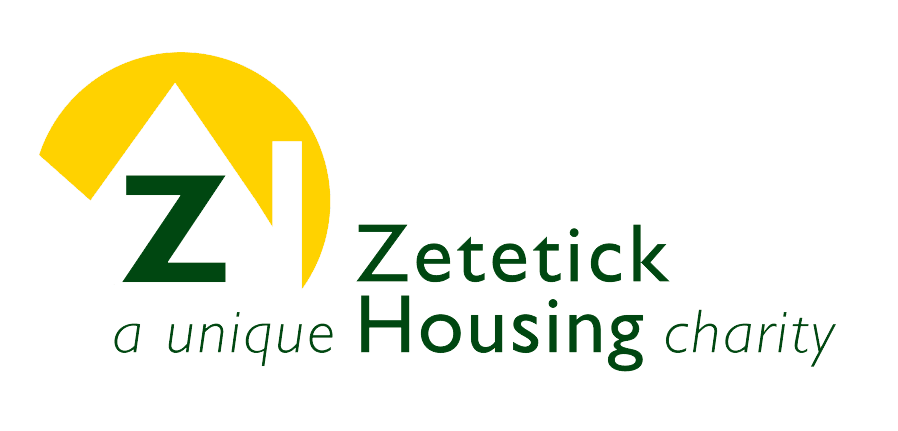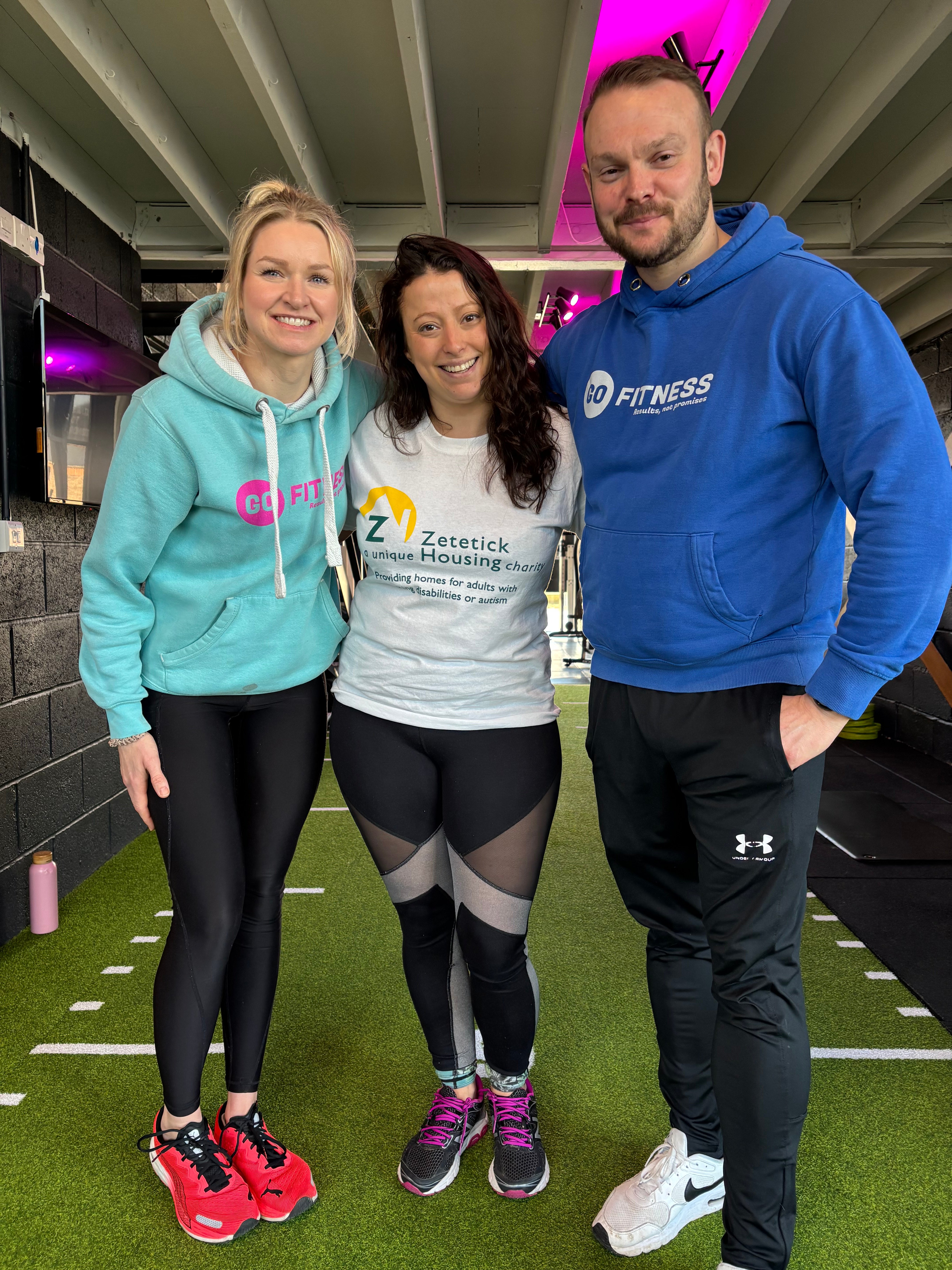Table of Contents
Housing equality | What is a learning disability and why can it affect housing options?
There are 1.5 million people with a learning disability in the UK. According to Mencap:
A learning disability is a reduced intellectual ability and difficulty with everyday activities – for example household tasks, socialising or managing money – which affects someone for their whole life. People with a learning disability tend to take longer to learn and may need support to develop new skills, understand complicated information and interact with other people.
https://www.mencap.org.uk/learning-disability-explained/what-learning-disability
Labels and legislation
The 1886 Idiots Act was the first legislation that differentiated between people with mental health problems and people with learning disabilities – who were labelled by the Act as ‘idiots’ and ‘imbeciles’. A whole range of pejorative terms describing people with learning disabilities have been used over the years, and it wasn’t until as recently as around 1990 that the Department of Health adopted ‘people with learning disabilities’ an an official term. https://www.open.ac.uk/health-and-social-care/research/shld/timeline-learning-disability-history
Language matters
The language that we use to describe people is important, and reflects deep meanings about how we think about and value them.
It’s no surprise therefore that, while things have been changing in recent years, there is still a stigma that follows people with learning disabilities that results in discrimination and a huge range of inequalities in all aspects of life.
For instance with regard to employment, only 6% of adults with a learning disability known to their local authority in England are in paid work (Mencap & NHS Digital 2018). People with learning disabilities struggle with housing equality when they try to find a home, face barriers accessing healthcare and are more likely to die prematurely and from avoidable causes.
Covid
Covid-19 has been disproportionately hard on the health and wellbeing of people with learning disabilities, and has revealed and amplified the many inequalities they face.
People with learning disabilities have been shown to be more likely to die from Coronavirus than the rest of the population due to health inequalities, have had to fight for access to vaccines and against DNR orders, and are more likely to be adversely affected by lockdown.
Learning Disability Week
Learning Disability Week takes place every June in order to raise awareness about the inequalities people with learning disabilities face as well as the skills and talents they have to offer. Each year has a different theme which focuses on how a particular issue affects people with learning disabilities and encourages inclusion in those areas.
There is now also a Learning Disability Pride week, also in June, and with a variety of events celebrates people with learning disabilities and their achievements:
People with learning disabilities have been kept out of community life in the past. Not any more. We are going to ordinary schools with our brothers and sisters, we live in our own homes, have jobs and do a lot for our communities.
Housing – then and now
Housing is an area where people with learning disabilities have faced massive inequalities, and Zetetick was set up in 2007 specifically to address the problems people were experiencing trying to find a home in their local communities.
Zetetick’s CEO, Gary Scott, was concerned to give people housing equality and fair access to housing on the private rental market, where they could live fulfilling lives close to friends and family.
This asylum was home for people with learning disabilities in Victorian times.

In 1855 the first purpose-built asylum for people with a learning disability was opened. An institution where people would have slept in dormitories and life would have been very regimented, its name used language that we would now find completely unacceptable. The Royal Earlswood Asylum for Idiots in Redhill, Surrey, was a charitable institution that housed and aimed to give some education to people with a learning disability.
Abuse must stop
Over the years people with learning disabilities have suffered terrible abuse in institutions and inpatient units. In 2011 the BBC Panorama programme exposed such abuse at Winterbourne View and since then, despite repeated promises to move people out of these units, there are still over 2,000 adults locked up, often unnecessarily, far away from loved ones. One of the reasons that people are not being discharged is the lack of funding for suitable housing in the community, and at Zetetick we are doing everything we can to provide housing equality and more quality homes to people with learning disabilities.
This is a Zetetick supported living home:

WILT – would I live there?
As Zetetick rents properties from the private rental market we can find a home to suit each individual person.
When we go to view a property we ask ourselves “Would I live there?” before taking on the lease.
Housing equality
Zetetick believes that people with learning disabilities deserve housing equality and to be given the support they need to live as independently as possible, in supported housing. It is more important than ever for everyone to have the right to live in a home they love and that suits their individual needs, where they can live the life they want.
Get in touch to find out more about our best-practice supported living for people with learning disabilities Contact Us





 Boost Your Estate Agency: Join Hike4Homes 2025-Show You Care
Boost Your Estate Agency: Join Hike4Homes 2025-Show You Care Giving: experience the joy of giving for free
Giving: experience the joy of giving for free Charity Donations | 3 reasons for bountiful giving
Charity Donations | 3 reasons for bountiful giving Life partners - Rosie's story
Life partners - Rosie's story Meet Zetetick trustees - An interview with Natasha
Meet Zetetick trustees - An interview with Natasha